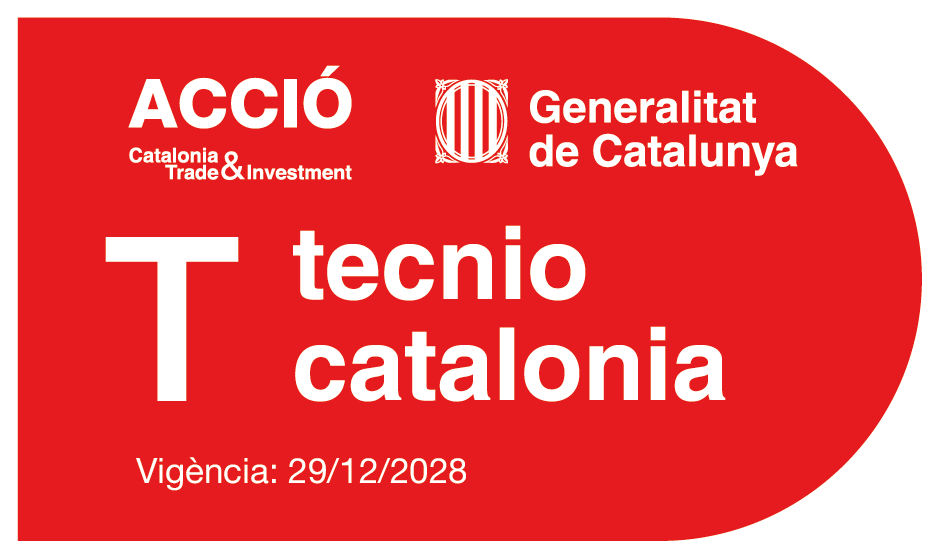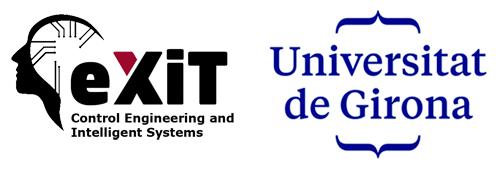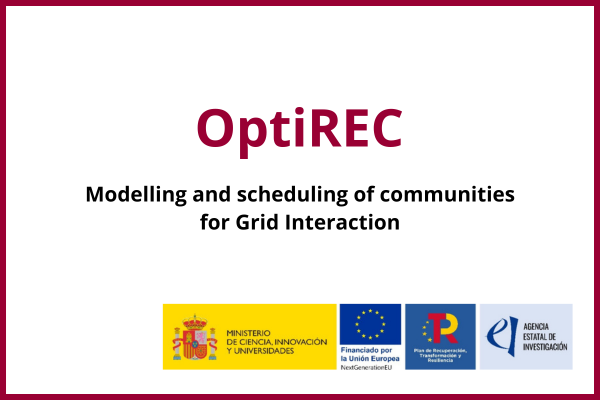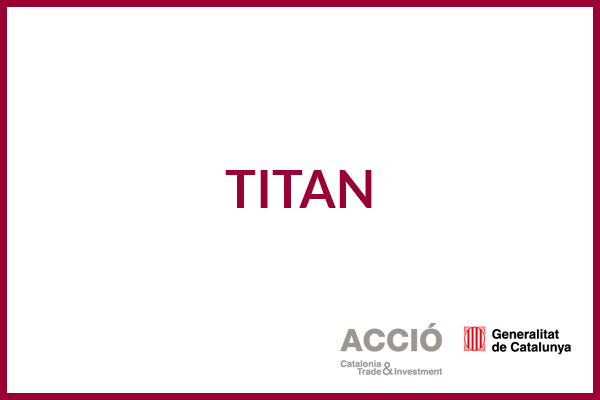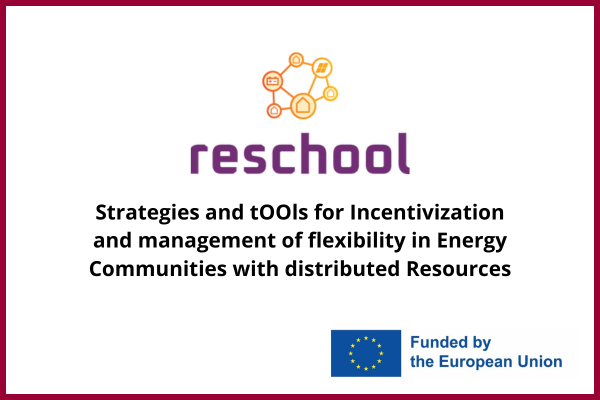
Reference:
Execution:
Web:
Main Researchers:
Center:
Contact:
Telephone:
H2020-LC-SC3-2019-ES-SCC – Grant agreement No 864537
01/02/2020 – 31/07/2023
Joaquim Meléndez
+(34) 650507142
FEVER will implement and demonstrate solutions and services that leverage flexibility towards offering electricity grid services that address problems of the distribution grid, thus enabling it to function in a secure and resilient manner. The project encompasses technologies and techniques for extraction of energy flexibilities from virtual and explicit energy storage (batteries, V2G) and demand response. FEVER will leverage the potential for flexibility due to the electrification of sectors such as heating (heat pumps, district heating) and cooling (e.g. industrial refrigeration). In FEVER we will implement a comprehensive flexibility aggregation, management and trading solution that incorporates intelligence around the optimal flexibility orchestration and is capable to offer flexibility services in different markets (local, wholesale). In addition, a peer-topeer flexibility trading toolbox will be implemented with a distributed ledger technology enabling autonomous peer-to-peer trading. FEVER will implement a set of goal-oriented applications and tools that empower DSOs with optimal grid observability and controllability. The DSO toolbox will include advanced monitoring and automated control functions (critical event prevention, self-healing, island-mode power management, etc.).
FEVER will carry out extensive demonstration and testing activities in multiple settings. For scalability assessment the project includes large scale simulations of novel market mechanisms for day-ahead and continuous trading of flexibility services, and simulations of wholesale-retail market coupling.These simulations will contribute to the quantification of the impact of flexibility services at the distribution grid level and beyond (transmission level). FEVER’s holistic approach to flexibility will facilitate establishing and operating appropriate business models for all players in the market, thereby providing the EU with a secure, efficient and resilient electric grid.
This project has received funding from the European Union’s Horizon 2020 research and innovation programme under grant agreement No 864537
Transició energètica: electrificació de la demanda i gestió de la flexibilitat.
Meléndez i Frigola, J. (2024). Transició energètica: electrificació de la demanda i gestió de la flexibilitat. Revista de tecnologia, 2024, núm. 12, p. 56-68. DOI 10.2436/20.2004.01.53
Multi-vector energy management system including scheduling electrolyser, electric vehicle charging station and other assets in a real scenario
J. Massana; Ll. Burgas; S. Herraiz; J. Colomer; C. Pous
Journal of Cleaner Production. Volum: 380, Part 2.
https://doi.org/10.1016/j.jclepro.2022.134996
Day-Ahead Scheduling of Controllable Switches and Energy Storage for Optimal Power Flow Considering Forecast Errors
J. Massana, L. Burgas, J. Colomer, J. Melendez, A. Ferrer.
8th International Congress on Energy Efficiency and Energy Related Materials (ENEFM)
Turkey. 13/10/2022
Leveraging bi-directional EV charging for flexibility services in the distribution grid-the case of fever project
CIRED Porto Workshop 2022: E-mobility and power distribution systems: Porto, Portugal, 2-3 June 2022
Publisher: Institution of Engineering and Technology (IET)
http://hdl.handle.net/10256/21688
Potential benefits of scheduling electric vehicle sessions over limiting charging power
Marc Cañigueral, Joaquim Meléndez
CIRED Porto Workshop 2022: E-mobility and power distribution systems: Porto, Portugal, 2-3 June 2022
Publisher: Institution of Engineering and Technology (IET)
http://hdl.handle.net/10256/21587
